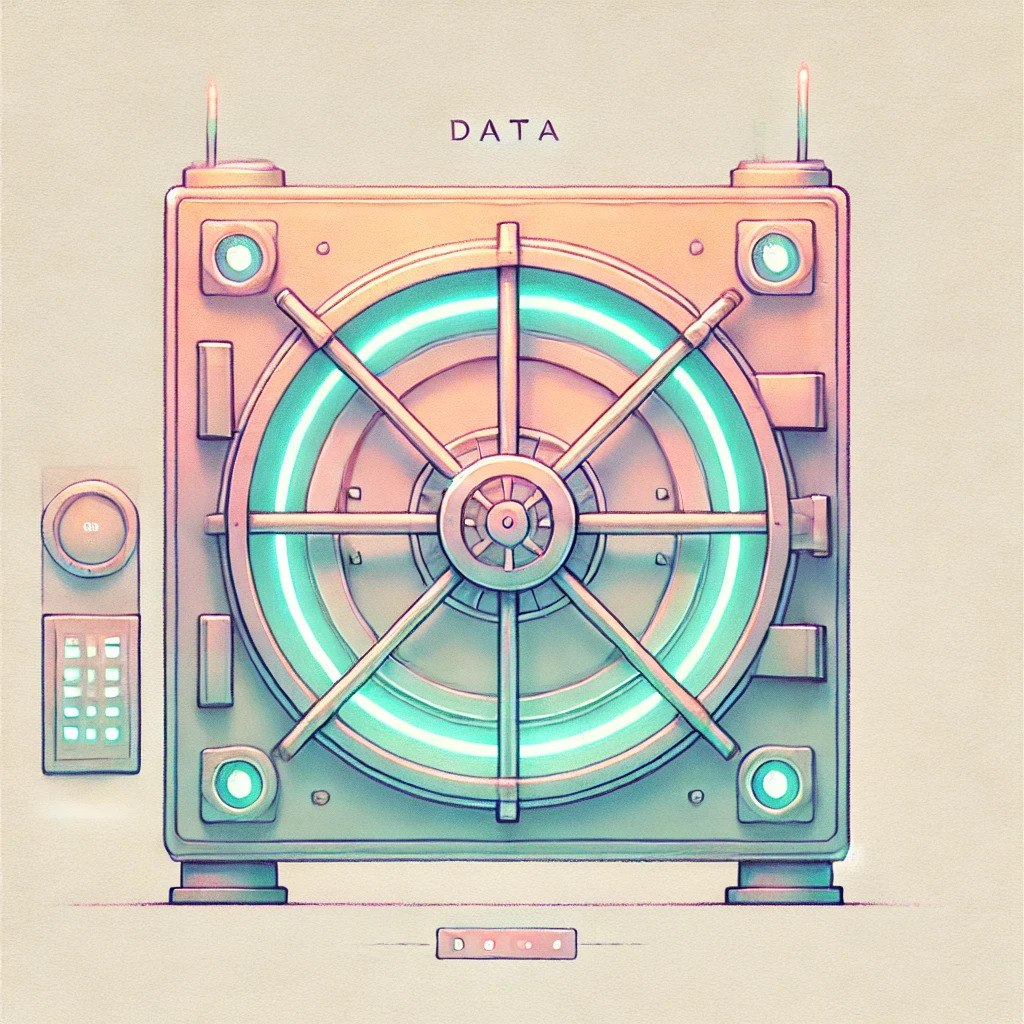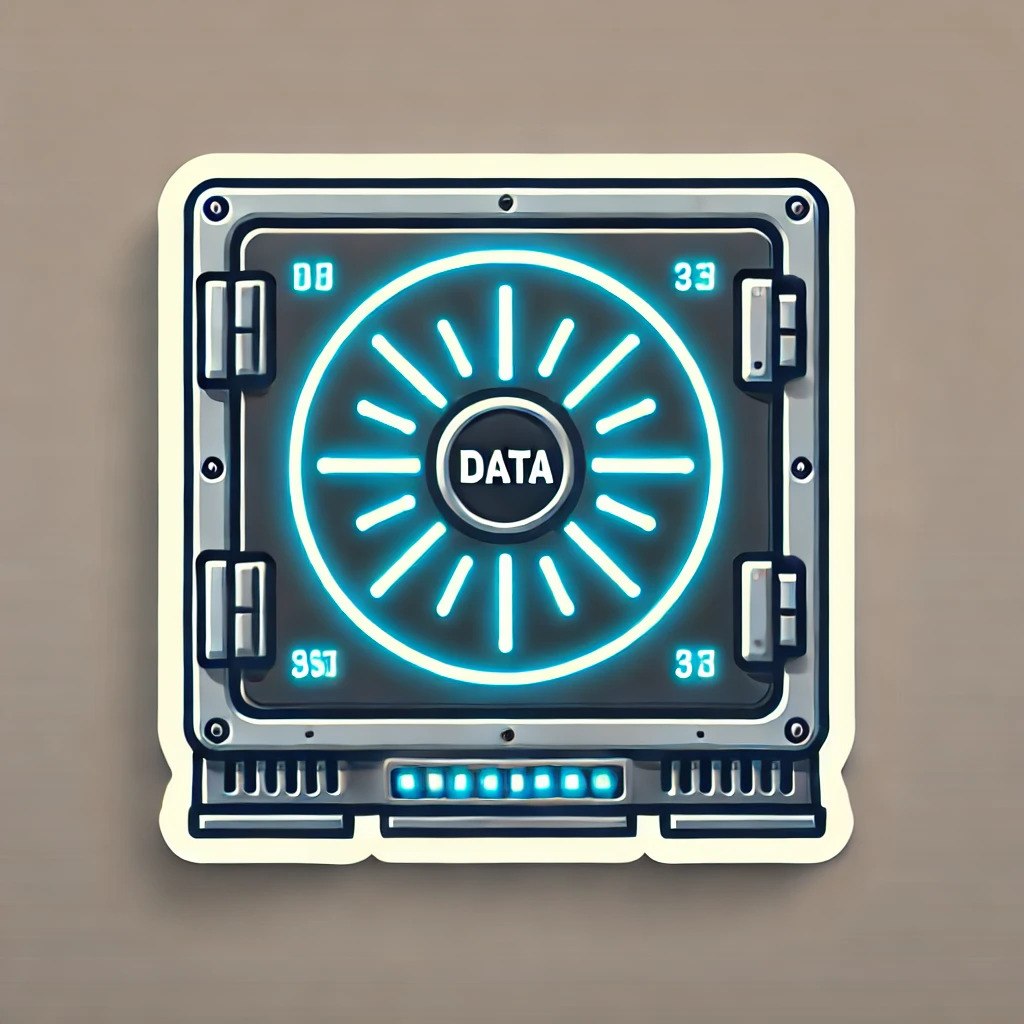Ah, openness! The feel-good term everyone loves to toss around like confetti at an AI convention. It’s the buzzword that makes you feel like you’re part of some exclusive, altruistic club of knowledge-sharers. But let’s be honest – calling most large language models (LLMs) “open” is like calling a cardboard cutout of a Ferrari an actual Ferrari. Sure, it’s a shape of openness, but it won’t get you anywhere.
Let’s dive into the paper by David Widder, Meredith Whittaker, and Sarah West, published in Nature, where they slice through the PR fluff and lay out why “open” is mostly an illusion in the AI world. Prepare yourself: this isn’t going to be the feel-good TED Talk you wanted, but it might be the one you need.
At first glance, “open source” sounds great. You get the source code, tinker with it, and boom, you’ve got your very own ChatGPT knockoff, right? Wrong. Having the source code without the training data is like having a cake recipe but no access to eggs, sugar, or flour – and, oh yeah, you also need a multimillion-dollar kitchen.
The source code, while important, is only the blueprint. The real magic lies in the training data. But good luck accessing that, unless you’re sitting on a pile of cash or your name happens to be Elon Musk. Without access to the data, all the “open” talk feels like a bait-and-switch.
Companies love to say they’re open. It’s like when Meta pats itself on the back for releasing Llama 3 but conveniently slaps on restrictions tighter than a miser’s purse. You can play with the API, sure, but don’t even think about peeking behind the curtain. This phenomenon, dubbed openwashing, is a masterclass in marketing spin. It’s as if they handed you a free car, but only let you drive in reverse.
Meta’s not alone, by the way. Plenty of AI firms revel in this illusion of openness, using it to score brownie points with academics and developers while maintaining a fortress of control. The result? We’re left with an industry that thrives on exclusivity under the guise of inclusivity.
The three musketeers of true openness: transparency, reusability, extensibility
Widder and co. argue that true openness needs these three pillars. Let’s break them down:
- Transparency. Sharing your methodology is a good start. But most companies are as transparent as mud, using “proprietary” as a magic word to dodge tough questions. No one’s buying it, but they still do it anyway.
- Reusability. Even if the code’s available, if it’s written in spaghetti logic without documentation, it’s about as useful as a VHS tape in 2024. Developers need accessible tools, not cryptic puzzles.
- Extensibility. The dream is to tweak and build upon these systems. The reality? Most models are about as extensible as a one-size-fits-all straitjacket. They’re built to be admired, not adjusted.
The fallout of fake openness
For those keeping score at home, here’s what’s at stake:
- Privacy Nightmares. Interacting with LLMs often means exposing personal data, and with restricted transparency, you have no clue where that data’s going. For all we know, your chatbot confession about hoarding Beanie Babies could be training the next Skynet.
- Economic Inequality on Steroids. Big tech monopolies don’t just make LLMs; they make barriers. Smaller organizations and startups don’t stand a chance unless they have money to burn or a miracle on speed dial.
- Misinformation Madness. Without clarity on training data, models can regurgitate garbage at scale. It’s the disinformation equivalent of a fireworks display—dazzling and devastating, all at once.
Achieving true openness in AI isn’t just about rewriting some marketing copy; it’s about systemic change. Policymakers, researchers, and developers need to band together to push for a world where access to training data and methodologies is democratized. And no, that doesn’t mean just flinging your source code on GitHub and calling it a day.
It’s not just an ethical question; it’s a practical one. Without genuine openness, we’re looking at an AI landscape dominated by a few juggernauts while the rest of us gawk from the sidelines, wondering how we missed the memo.

TL;DR: The next time someone tells you their LLM is “open,” ask them if they mean “open” like a door, or “open” like a door with 12 deadbolts. Because until we redefine what openness means in AI, most of these claims are just theater—and not the good kind.

Leave a Reply